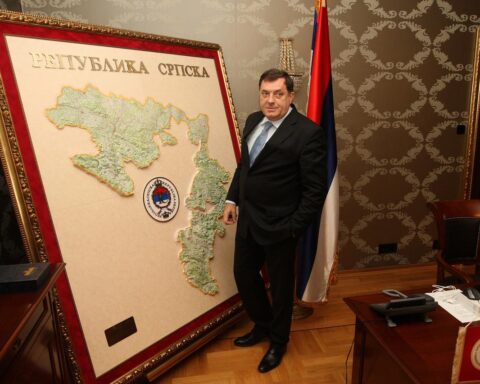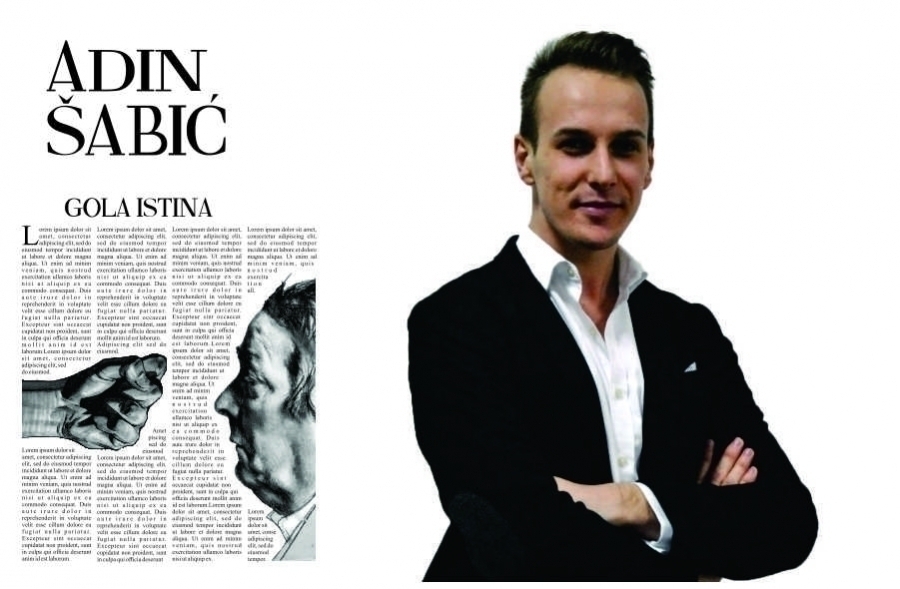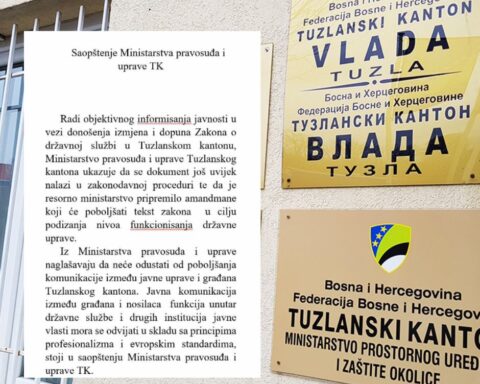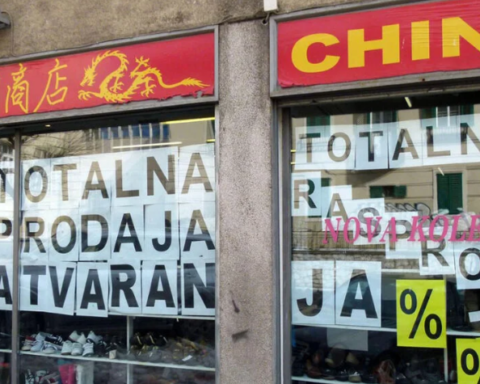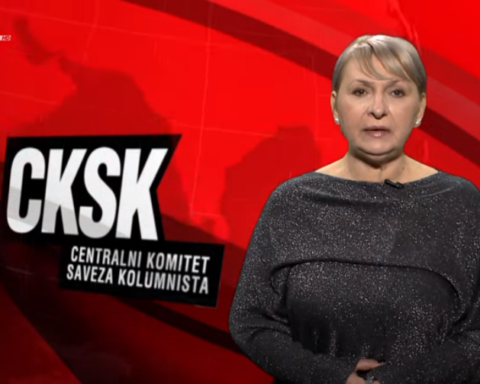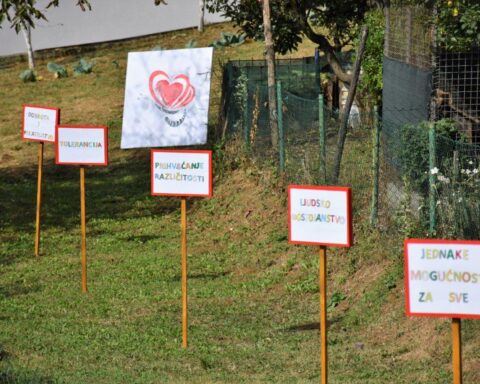
Those who remember, and have a birth certificate issued in the SFRY, surely remember the time when the former president of the last Yugoslav Federal Government, Ante Marković, appeared before the delegates of the Yugoslav Parliament to convince them that Yugoslavia could be saved, and that his economic plan offered to drop the inflation rate from the official 56 percent in December 1989, to 2.4 percent in March 1991. failed. The Yugoslav dinar could be regularly exchanged for German marks, and in that period about 300,000 new business entities were created in Yugoslavia. The average salary in BiH even today, thirty years after that, did not reach the level it once had. Instead of a champion position in transition, Yugoslavia became a slaughterhouse. The virus of national identity overcame the logic of economic prosperity. Thanks primarily to Serbian nationalism, and then to the reactive homogenizations of other nations, a war took place, for which Marković himself, defeated, said: ‘We will pay for our mistakes with poverty, poisoning of the spirit and the position of the distant periphery in Europe.’ He died as a rich, forgotten and somewhat disappointed man, and in the states that emerged as the successors of the SFRY – except in Slovenia – the standard he set for his rule was never reached.
At first glance, it was a bit sad for High Representative Christian Schmidt to appear before the half-empty House of Representatives of the BiH Parliament: what he said may have some weight, but it does not instil confidence that the ‘crisis’ will be overcome. It seems that the point at which Dodik could have been stopped has already been crossed, and that painstaking attempts are being made to draft a law challenging the status of BiH armed forces, police agencies and state and judicial bodies, as well as BiH’s right to collect taxes and duties. All these powers will be transferred to the level of RS, including the establishment of an entity army.
How Can This Thing End?
In this story, it is not difficult to divide the roles: Christian Schmidt is like Ante Marković. He says he is sensitive to the story about challenging BiH’s sovereignty. Dodik is like Milošević. He wants power, and he does not want to go to joint institutions, he is interested in the protection of capital, and in doing so he invokes the national interest. How can this thing end?
It is hard to believe that the former Minister of Agriculture can solve the problem just like that: Bosnia and Herzegovina is, I guess, the only country in the world where one house of Parliament can suspend the work of another house. In order to move things from the deadlock in any way, it is necessary to first implement the judgements of the European Court of Human Rights, which are contrary to the discrimination of ‘unconstitutional’ in relation to ‘constitutive’. The amendments to the election law, which Croatia is ‘pushing’ by all means, supporting the HDZ’s request that practically every future elected member of the presidency must be from their party, insist on further ethnic division and freezing the situation created by ethnic cleansing and war crimes.
Second, can Schmidt abolish the atmosphere and practice in which those who (with scams that are a constant of all elections held so far) win votes are the exclusive owners of life and death in Bosnia and Herzegovina? And third, perhaps most important, is that a compromise between civic and ethnic cannot be implemented unless the national cartels governing a country, most of whom are chosen solely by national criteria, where only the salaries of MPs are secure, are dismantled. Who is ready to voluntarily hand over power, and meet the European perspective? Such people do not live here: those who were against such principles either emigrated or ‘crunched’ small remnants of civic consciousness, playing the opposition. Which, anyway, has neither the means nor the strength to oppose ethnic criminal organizations.
And, Unfortunately, We Are Afraid
Lately, especially in the field, there have been louder remarks that the term ‘civic’ should be avoided in advocating European perspectives, because it is ‘used up’. He also reminds of the centralization in which, as Dodik says, ‘Sarajevo ignores the demands of Serbs and Croats?’ Okay, but how come the term ‘national’ has not been ‘used up’ so far and is not associated with the dissolution of Bosnia and Herzegovina, on which, in addition to three authorized cartels, neighbouring countries are also working: Croatia as an EU member, and Serbia, the strongest player in the region. The former wants a guarantee that the HDZ member will always be a representative, and the latter have not given up on the Serbian world. Which is another euphemism for Greater Serbia? For which Karadžić played in the first half, and Dodik played in the second.
The question, then, is not whether Schmidt’s intentions are good. They may be, now that he understands who is who, they probably are, but we know the story of the road to hell and its paving.
The question is whether, as in the case of Ante Marković and Yugoslavia, it is too late?
One should not be cynical and immediately tell Schmidt that he has embarked on an impossible mission, but a bad memory is one of the few constants when it comes to Bosnia and Herzegovina.
With the best of intentions, it is hard to believe that this practice will not continue.
Because, if there was a federal force that thwarted Milošević in time, maybe the bloody disintegration of Yugoslavia would not have happened.
With all the differences, it is similar with Bosnia and Herzegovina. If we had thought in time who should be removed from the political process – and there has always been a reason for that – we would not be afraid of war today.
And, unfortunately, we are afraid. And no less after the address of Christian Schmidt (truncated) to the composition of the House of Representatives to the Parliament of BiH.
Anyway, he has our thanks: noting that it was time for that long ago.



